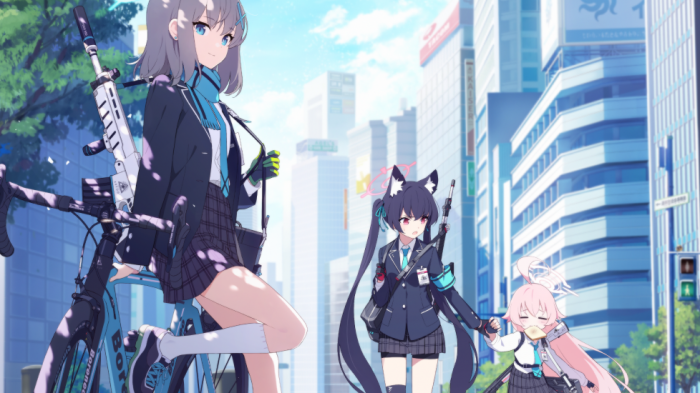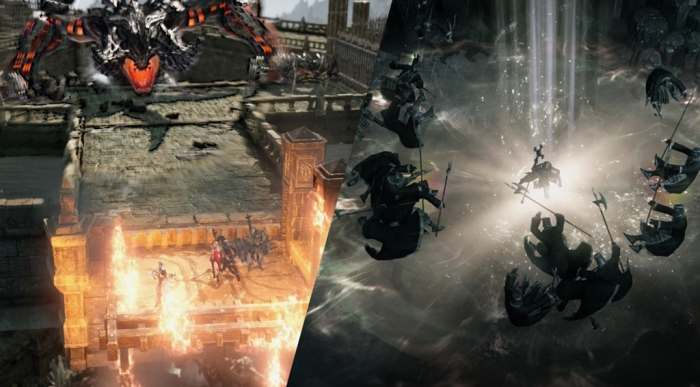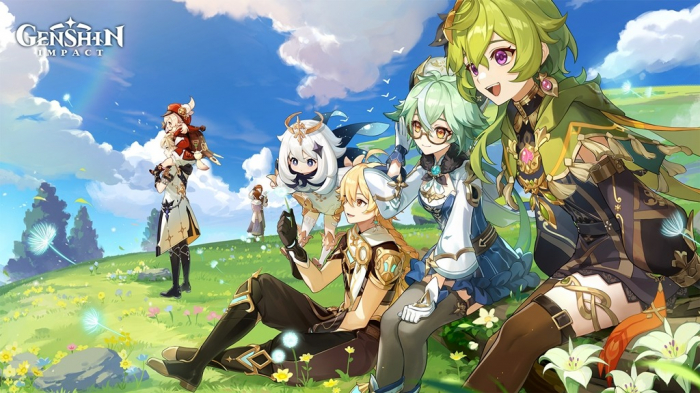Korean games
Will S.Korean games benefit from China’s deregulation?
Korean game stocks advance as Beijing may approve more, but Chinese publishers now more competitive in the saturating market
By Mar 21, 2023 (Gmt+09:00)
3
Min read
Most Read
LG Chem to sell water filter business to Glenwood PE for $692 million


Kyobo Life poised to buy Japan’s SBI Group-owned savings bank


KT&G eyes overseas M&A after rejecting activist fund's offer


StockX in merger talks with Naver’s online reseller Kream


Mirae Asset to be named Korea Post’s core real estate fund operator



China is loosening its grip on foreign online games with approvals on 27 titles, raising hopes that South Korean publishers will expand their presence in the world’s largest game market despite sustained caution given the improving competitiveness of Chinese rivals on the increasingly saturated mainland.
China’s online gaming regulator on Monday granted licenses to games including a title based on the resources of The Seven Deadly Sins: Grand Cross, a role-playing game published by South Korean mobile game developer Netmarble Corp., according to industry sources in Seoul.
Other South Korean games such as Blue Archive, a role-playing title developed by Nexon’s subsidiary Nexon Games Co., MapleStory H5, an HTML5 game based on Nexon’s MapleStory intellectual property, and Cookie Run: Kingdom, an action role-playing title by Devsisters Corp., were on the approval list. Uma Musume Pretty Derby, a simulation game released by Japan’s Cygames Inc., also won a license.
Investors hailed the move, raising the stock prices of those South Korean game developers. Netmarble on Tuesday ended up 6.3%, while Devsisters soared 12.9%. Other game stocks also advanced. Krafton Inc. of PlayerUnknown’s Battlegrounds (PUBG) rose 2.4% and NCSOFT Corp. gained 0.8%. The main Kospi closed up 0.4%, while the junior Kosdaq barely changed.
“We expect more licenses in the future, which will create a positive note in the overall game sector,” said Lee Ji-eun, an analyst at Daishin Securities in Seoul.
CHANGES IN POLICY DIRECTION?
China tightened regulations on video games in recent years. It granted licenses to only 679 titles in 2021, down from 1,365 games in 2019 and 1,308 in 2020. The authority suspended game approvals in July 2021 and banned under-18s from playing games for more than three hours a week, calling them “spiritual opium.”
Beijing resumed granting licenses to games including six South Korean titles in December last year. Netmarble’s Cross World and A3: Still Alive, as well as Nexon’s MapleStory M and Smilegate’s Lost Ark were among the approved games.

The government issued new permissions in three months, indicating the country may have changed its tough stance on the game sector, industry sources in Seoul said.
South Korea’s game developers expanded their presence in China from the 2000s until a few years ago. Nexon’s Dungeon & Fighter and Smilegate’s Crossfire were regarded as national games on the mainland.
The South Korean game industry failed to maintain its strong presence there, however, as China didn't grant any licenses to Korean titles for three years from 2017 due to the diplomatic conflict between the two nations.
LICENSES DO NOT GUARANTEE SUCCESS
Industry sources in Seoul remain cautious over the impact of China’s eased stance.
Chinese game developers improved their competitiveness to expand overseas when the government toughened regulations on the mainland. Genshin Impact, an action role-playing game developed by miHoYo, was a global hit, for example.

The latest licenses reflect the government’s effort to boost the industry, some analysts said.
“It is hard to be optimistic as the Chinese government is expected to keep protecting the domestic game industry,” said an industry source in Seoul said.
Write to Seung-Woo Lee at leeswoo@hankyung.com
Jongwoo Cheon edited this article.
More to Read
-
 Culture & TrendsChinese game Genshin Impact's summer fest draws large crowds in Seoul
Culture & TrendsChinese game Genshin Impact's summer fest draws large crowds in SeoulAug 03, 2022 (Gmt+09:00)
4 Min read
Comment 0
LOG IN


